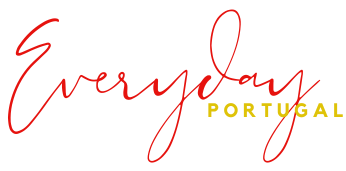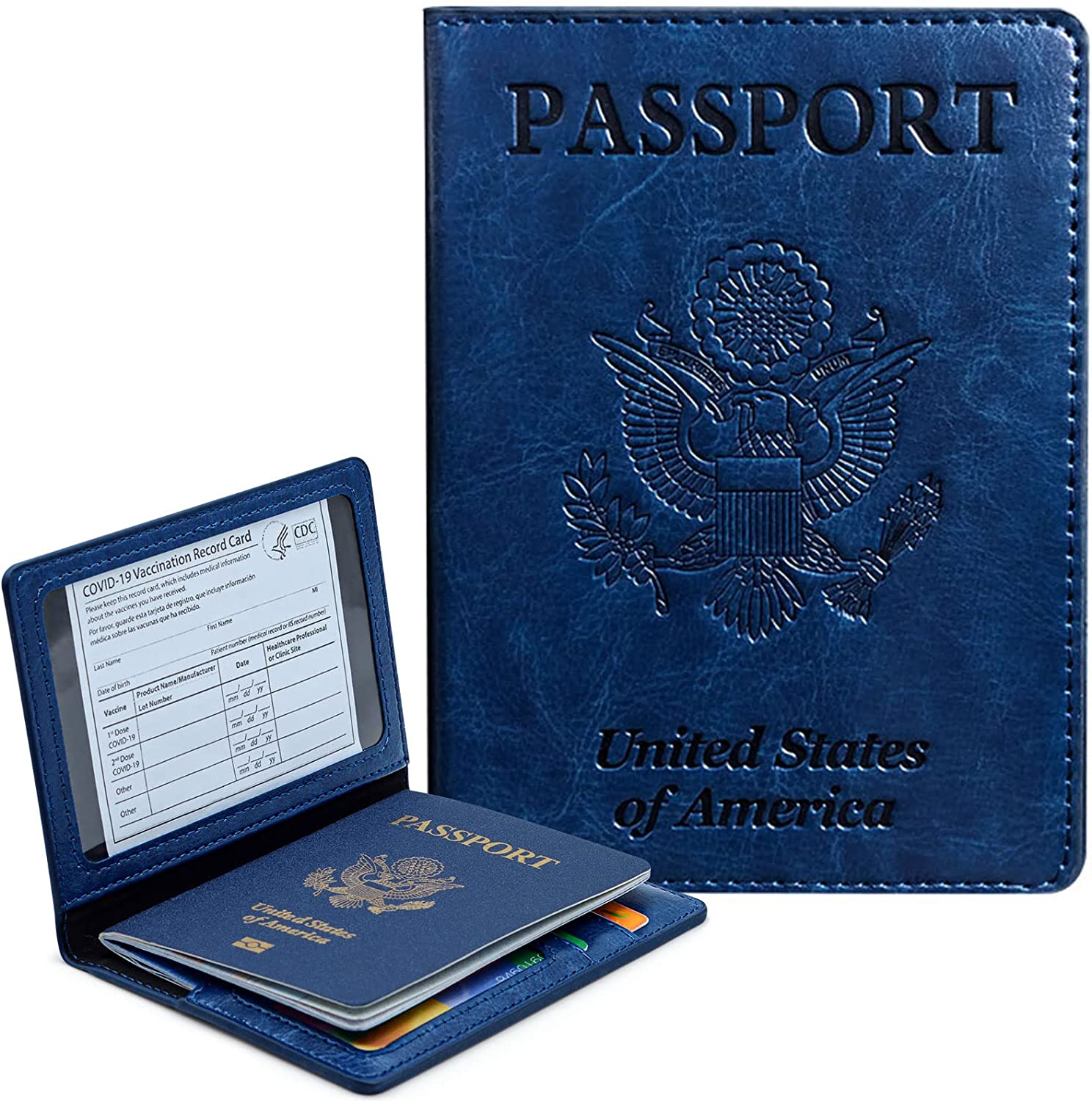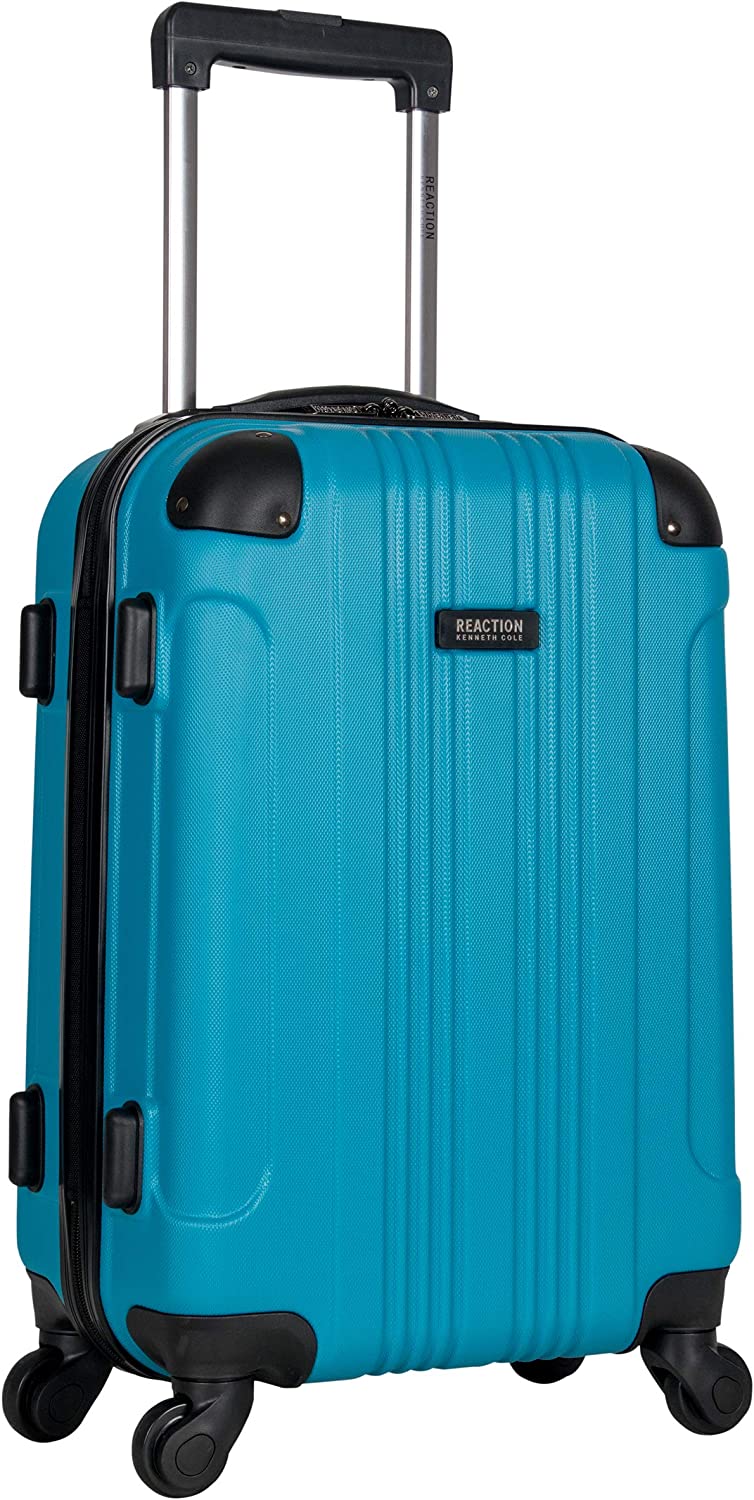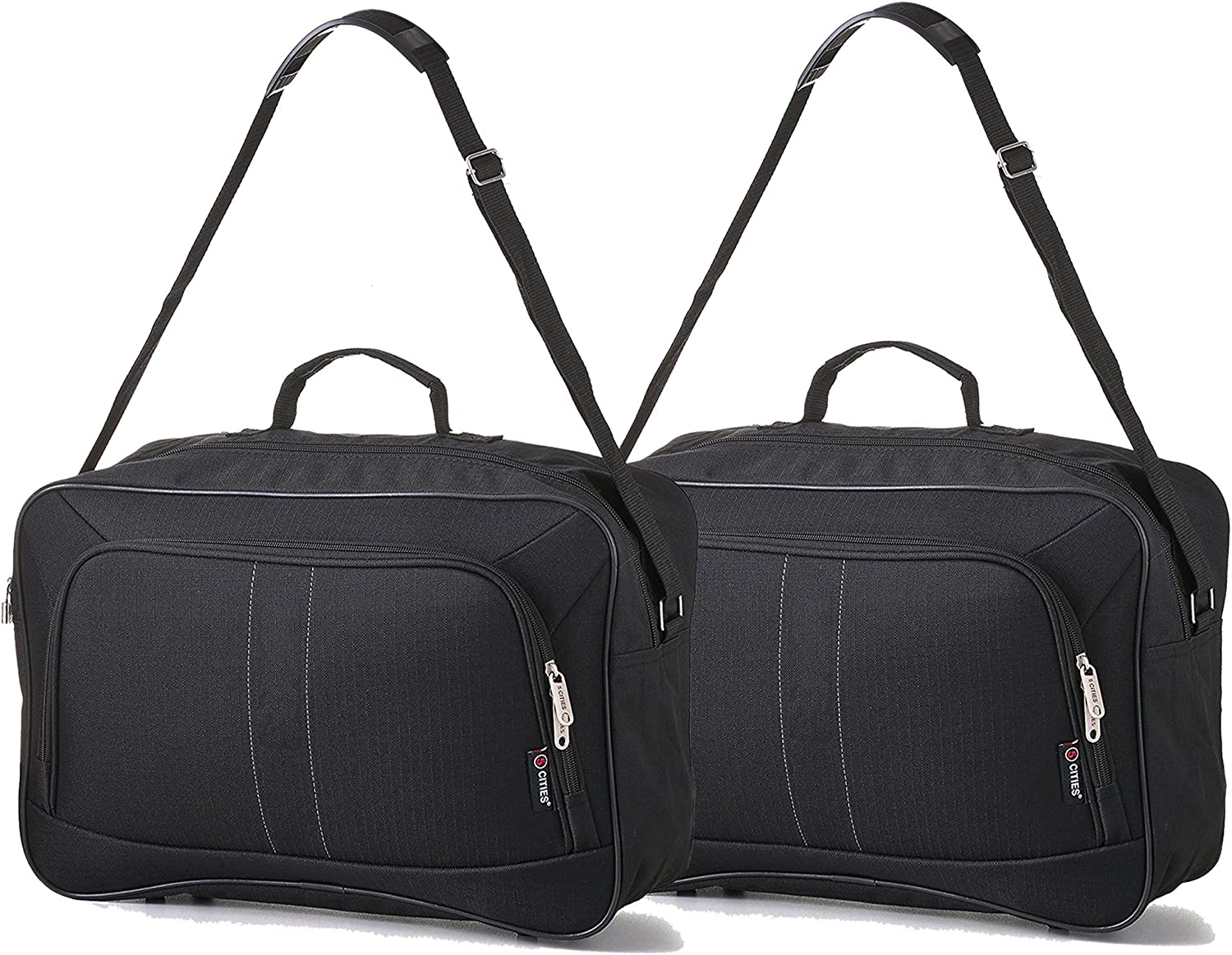
How to find the right school in Portugal
Finding the right school or schools in Portugal for your family is rarely an easy task. Many of you are just starting out and want to know the basics. Some of us come here and rent first and are not sure where we will land full-time. Some of us will move to an area for a specific school and discover the school isn’t a fit. And others of us might be searching for months but nothing feels like the right fit for our kid/s. If any of that resonates with you, don’t fret.
Today, we’re going to outline the options and give you the best resources we know of (sadly, we’ve not yet discovered a complete directly of all the schools in Portugal – if you know of one, please share!)
Anyway, let’s start with the basics.
Types of Schools in Portugal
There are several types of schooling available to children in Portugal.
- Homeschooling
- Homeschooling with a Private Tutor
- Public Education
- Private Portuguese Schools
- Private International Schools
- Alternative Schools
- Professional (Vocational) Schools
Below, I’ll go through what each option means and provide some resources but here’s some other basic info:
Portuguese School Schedules:
With the exception of a few alternative schools with year-round schedules, the school year in Portugal follows these dates more or less.
- First term: September to December
- Second term: January to a week or so before Easter
- Third term: First Tuesday after Easter until mid-to-late June
These are how the grades are broken out (image taken from Wikipedia):
To enroll your child in a public or private school, you generally need to provide the following information:
- Portuguese Identification. Your residency permit, permanent residency card, or citizenship card. (Sometimes your visa will suffice (temporarily) if your SEF residency permit appointment is scheduled after the start of school.
- NIF Number. Your tax ID number in Portugal.
- Proof of home address in Portugal. This could be a lease, utility bill, certificado de habiltacoes, or other proof. Each school will let you know what they will accept as proof of address.
- Transcript and school records from previous school. Depending on the school, you may have to provide an apostilled or notarized copy of the transcript. Other schools will allow you to provide transcripts and records that have not been notarized or apostilled. It really depends on the school. Since we homeschooled for a couple of years before moving to Portugal, every school we applied to allowed us instead to provide our homeschooling records. So, this requirement will be school dependent. Some schools are more flexible than others when it comes to providing previous school records.
- Medical/Vaccination records. In Portugal, vaccines are encouraged but not mandated. You can provide a vaccination record, medical exemption from the United States, or a letter from a Portuguese doctor if there are any issues with your child receiving vaccinations.
- Health Declaration from a Portuguese doctor/pediatrician. Schools usually ask for this but if you’re not in the health system yet or are having trouble getting an appointment with a pediatrician, they often just ask you to provide this once you can.
- Picture of your student. Many schools asked us to provide a digital picture of our child for the application in addition to their photo ID.
This is not an exhaustive list but these are the most common documents you’ll be asked to provide for enrolling your child in almost any type of school. To learn more about registering your child(ren) in a Portuguese school, click here .
Now, let’s dive into the types of schooling available in Portugal.
Homeschooling/Homeschooling with a Private Tutor
Homeschooling is legal in Portugal although, like anywhere, there are some hoops to jump through for your child’s education to be recognized. Technically, you either have to register for homeschool through your local public school and the parent must have reached a certain school achievement level (college degree), or hire a private tutor who is a registered teacher with a college degree who will also register themselves and your child as a homeschool student, or your child has to be registered with an accredited online school or program. Those are the legal ways to homeschool.
Some people choose not to do any of this and to homeschool “off the grid” in a sense. While many families do this, there is a risk that you will be violating homeschool laws in Portugal which could create issues with your residency or citizenship. A great resource on homeschool laws and advocacy is the MEL – Associação Movimento Educação Livre Facebook Group.
And here are some other helpful resources to explore and groups to join for support if you want to homeschool in Portugal.
- HSLDA – Portugal
- Homeschool Portugal
- Homeschooling in Portugal
- Homeschool Hub Algarve
- Algarve Homeschooling Teens
- Portugal Homeschooling Teens
- Expat Teens/Tweens of Lisbon Area
- Porto Homeschooling
- MEL – Families Group
I’m sure there are more groups out there and there seem to be more homeschooling groups popping up on Facebook by the day but this is a good start.
Public Education
Public Education in Portugal is completely free and has a universal curriculum which all public schools follow. Lessons are taught in Portuguese and some public schools offer Portuguese language classes for non-native Portuguese speakers. The type/level of support offered to foreign students in Portuguese Public Schools can vary greatly. If you are interested in registering in public school, it’s a good idea to go into the Facebook expat forums to see if other families have attended the school and whether the support for foreign students was enough for their children.
They break down the grades into cycles:
- First Cycle: Grades 1 to 4
- Second Cycle: Grades 5 and 6
- Third Cycle: Grades 7 to 9
After the Third Cycle comes Secondary Education which covers grades 10, 11, & 12.
In Portugal, students choose a specialization for Secondary Education. Generally, they choose one of these specializations or to attend a Professional School (see below). Students must study core subjects, such as Portuguese, philosophy, physical education (PE), and a foreign language. However, the rest of the curriculum will depend on their chosen specialization.
- Language & Humanities
- Socio-economic Sciences
- Sciences & Technology
- Visual Arts
The Pros of Public education in Portugal are that it’s free, it’s an excellent curriculum, and your child(ren) will be more immersed in Portuguese culture and language making it easier to integrate over time.
The Cons are that the quality of the education can vary based on the region the school is in, it can be challenging to figure out where your local public school is located as there doesn’t seem to be a centralized list of all the public schools in Portugal, classes are taught in Portuguese so your child(ren) may have a hard time understanding class material, and public education is subject to frequent teacher strikes which can be disruptive to learning.
How to Register for Public School
Enrollment Periods vary amongst schools. Most schools in Portugal do not have ongoing enrollment. Instead, many schools have a set enrollment period (generally before or around March). Find out from the school when their enrollment period is. With the Private Portuguese and International schools, being put on the wait list happens often for families that miss the enrollment period deadlines. Wait lists are also common with all types of private schools because demand is so high but even with public school, you want to apply as early as you can to ensure a spot for your child.
Registering for public school can be a little tricky. First you need to find your public school options which generally relate to where you live (but sometimes where you work will apply). A good way to learn which public schools are in your neighborhood are to join the parenting groups on Facebook for your region or neighborhood or ask your neighbors or anyone you meet around your neighborhood.
Next, you can go in person to the school to register or you can register online via the Portal das Matrículas enrollment portal.
To register, you will need to present the following documents when you apply to a primary school in Portugal:
- Portuguese citizen card or a residency permit + passport (parents and children). If you don’t have a citizen card, you will also need to provide your NIF Number
- Proof of home address (comprovativo de morada) or work address, if you are choosing a school close to your workplace.
- And if you’re transferring schools, you should also provide a verified certificate of qualifications (certificado de habilitações) which is translated into Portuguese.
Once your child(ren) have completed primary education, they must apply to a secondary school in Portugal, known as escolas secundárias. They can be a public, private, or professional school and are mandatory for 15 to 18-year-olds.
If you choose a public or private secondary school, you will find your local secondary school or continue on at your private school, enroll as usual, and your child(ren) will choose their course of specialty.
Your other option is to enroll in a more specialized professional school for your child(ren)’s secondary education. This option keeps your child on a university track while providing them with more options for specialization and real-world work training and experience. While all of these resources are in Portuguese, if you load these links in Chrome, they can be translated into English and you can review the extensive lists of specializations available through Professional Schools.
- https://www.escolasprofissionais.com/escolas-profissionais/
- https://anqep.gov.pt/np4/cursos_profissionais.html
- https://www.ofertaformativa.gov.pt/#/home
Private Portuguese & Private International Schools
For a variety of reasons, many expat and immigrant families choose to enroll their child(ren) into private schools in Portugal. Private Portuguese schools (also known as Colégios ) generally follow the Portuguese educational system and classes are taught in Portuguese. Some Colégios offer bilingual programs or dual track diplomas (whereby students receive a diploma for completing a British curriculum and one for the Portuguese curriculum) with some classes being taught English (but not to the level of an International school).
International Schools generally offer a British or American curriculum and classes with most classes being taught in English. Some International schools also offer a bilingual or dual curriculum program.
While both Private Portuguese and International Schools generally provide excellent academic opportunities, Private Portuguese schools can help your child(ren) learn Portuguese faster, integrate into the Portuguese community and culture easier, and are often half the cost of International schools. International Schools, on the other hand, provide a much easier way of transitioning in a new country because there’s no language barrier if you’re an English speaker and the school culture will be more similar to what you’re used to.
Portuguese Private schools generally cost between €300-€600/month whereas International schools often cost between €600-€1500/month.
Again, there’s no complete list of Private or International schools in Portugal but here is a site that lists many International Schools and this site lists some of the Colegios (Private Portuguese) schools for you to explore. It’s also helpful to ask in the Facebook expat/immigrant groups to learn about new school openings and lesser known schools in your area.
Alternative Schools
There are several alternative schools cropping up around Portugal. A few are hub based schools with an International curriculum and others are more traditional schools following a specific pedagogy like Waldorf or Montessori. Make sure to check the accreditation and validity of each school as there is a very popular hub based school in Portugal that did not receive the appropriate certification/approval from Portugal’s Ministry of Education. Without the Ministry of Education’s approval, your child’s education isn’t considered valid if they need to transfer to another school or apply to university. So, make sure any alternative school your child attends has been approved by Portugal’s Ministry of Education. I couldn’t find any compilation of Alternative Schools in Portugal so I recommend doing targeted web searches using your neighborhood/area/city/region + the type of school you’re looking for (hub based, hive based, waldorf, montessori, forest, etc)
Special Needs Education in Portugal
Schooling in Portugal is a little more challenging if your child has special needs. The special needs programs in Portugal are not as robust as they are in the United States. The Facebook expat/immigrant groups are great for helping you find the most accommodating and supportive schools for special needs students. This website is a good starting place for learning more on the topic too.
Ok, that’s our primer on how to start looking for the right school for your child/children in Portugal.
First, you’ll either want to find out what schools are available in your area, visit them, and choose from there OR you’ll want to decide which type of school would be best for your child(ren) and tour several schools within that category and decide from there.
Throughout the process, ask questions in the Facebook expat/immigrant groups for Portugal to find out the specific information you need to make the best decision for you and your family.
All the best and até próxima,
Everyday Portugal
Grab Our FREE "Moving To Portugal" Coaching Series
This simple, step-by-step email series will walk you through the most crucial to-do’s for moving to or investing in Portugal.
Get how-to’s plus important resources for Visa/Immigration, Banking in Portugal, Relocation & Real Estate, Finding a Job/Creating Passive Income, Learning Portuguese and more! Plus, get access to our FREE Members’ Resource Library.






